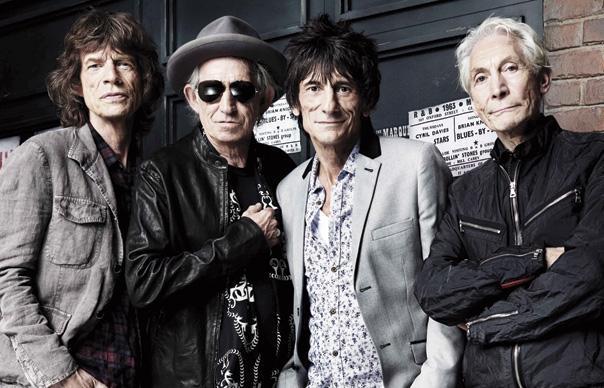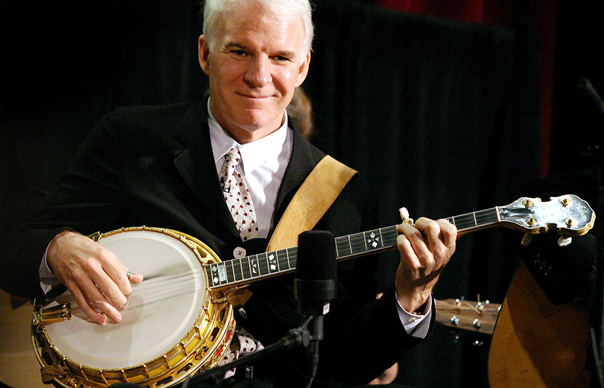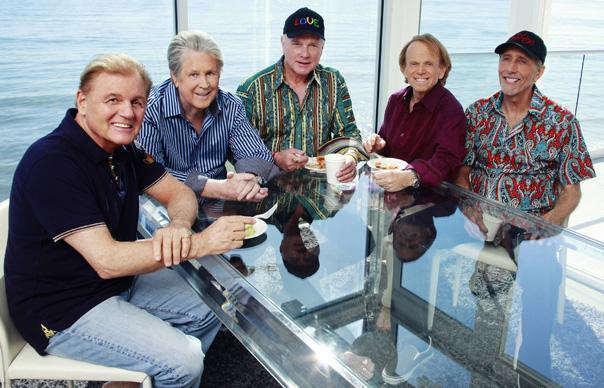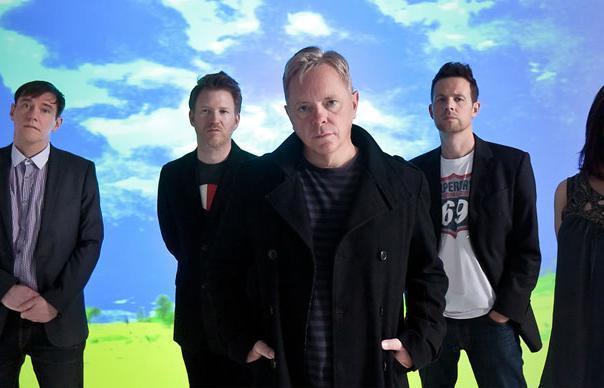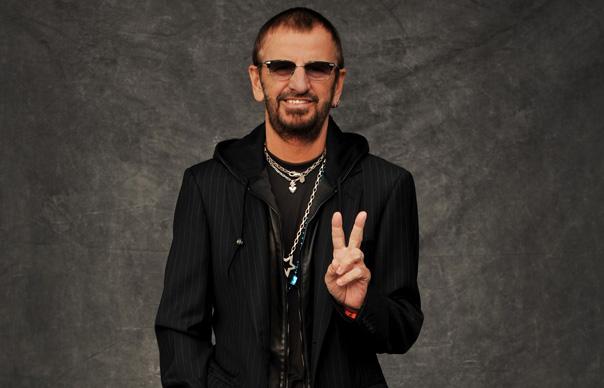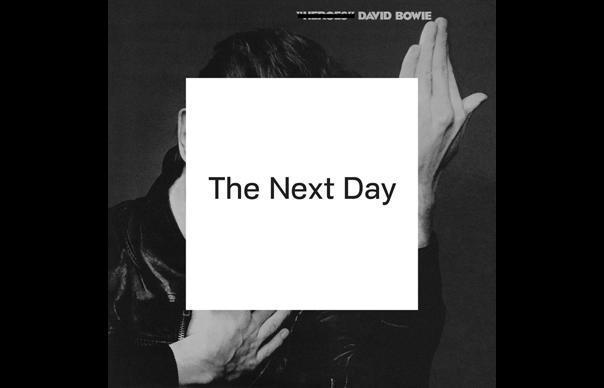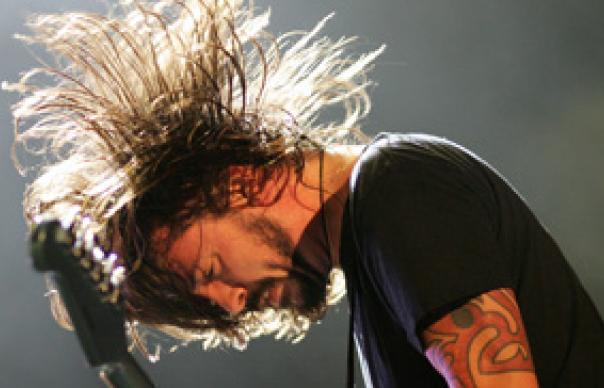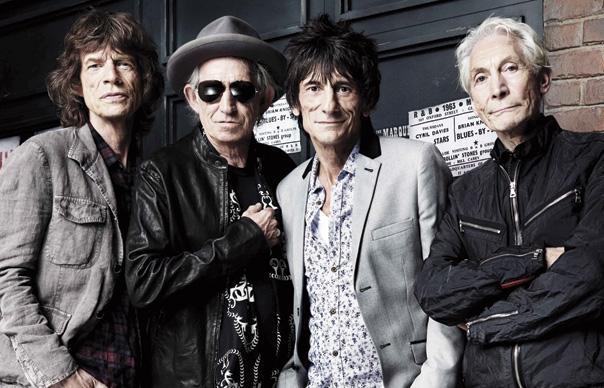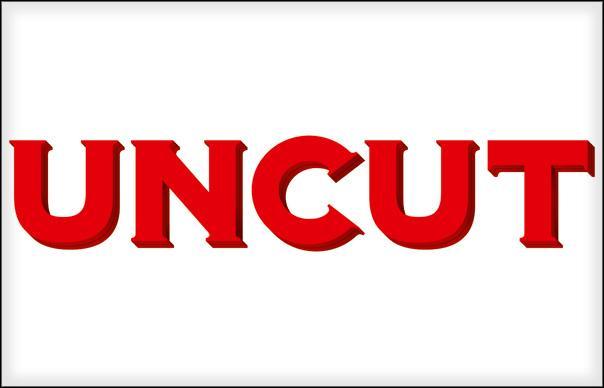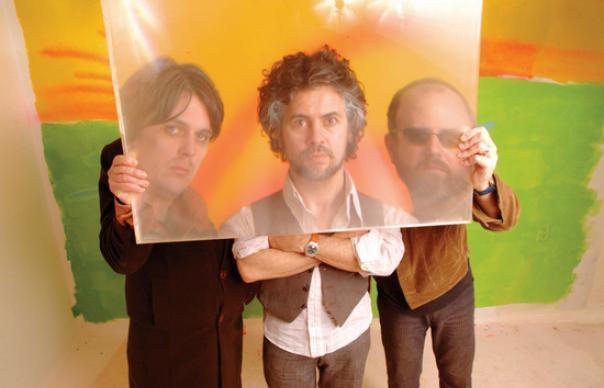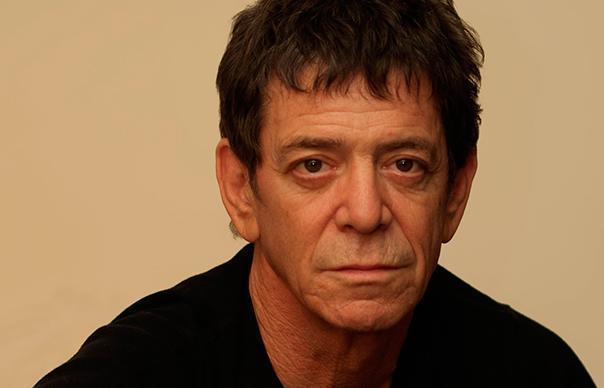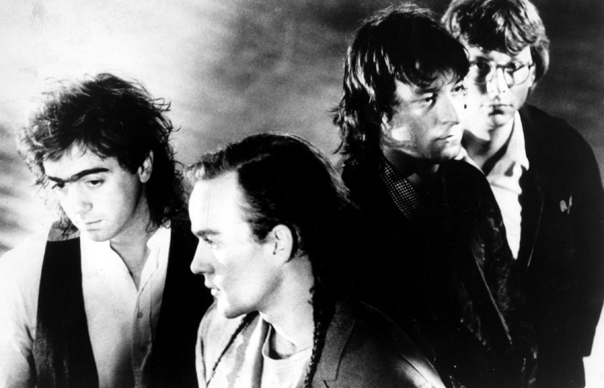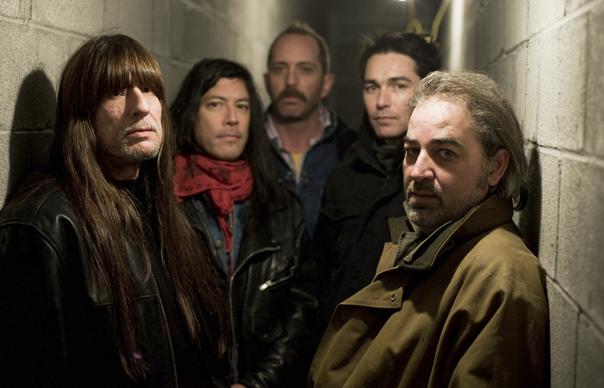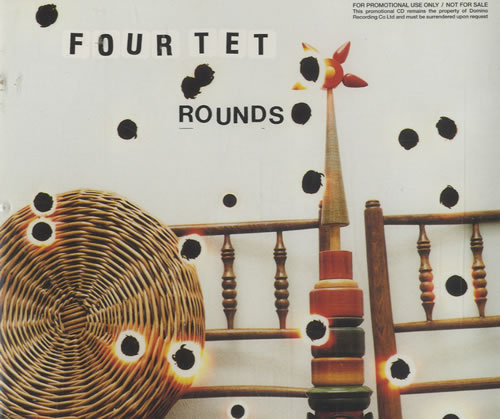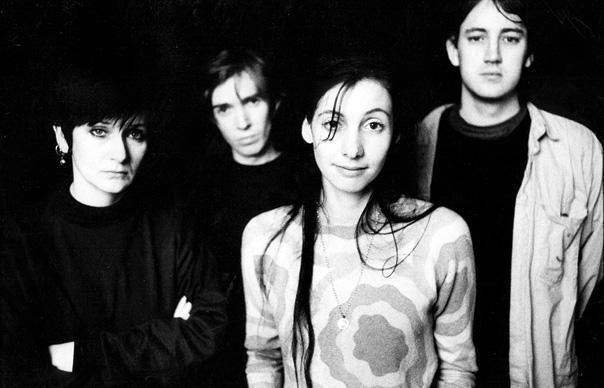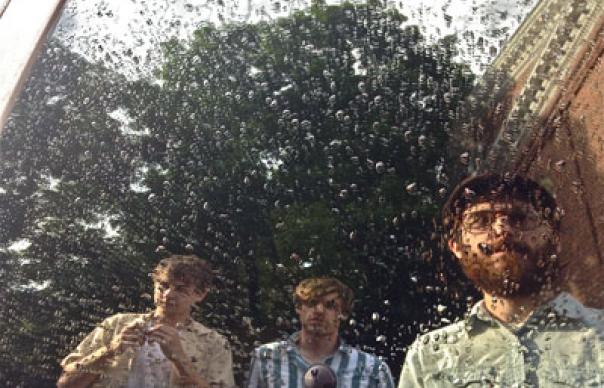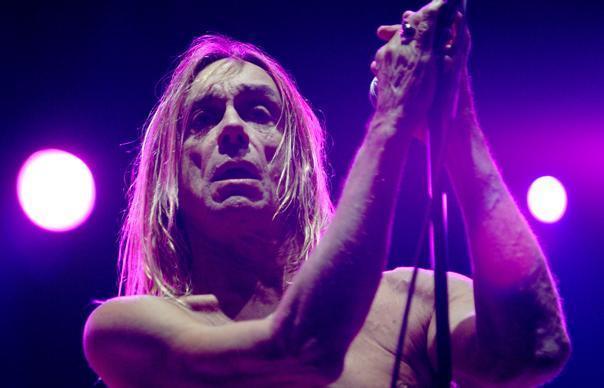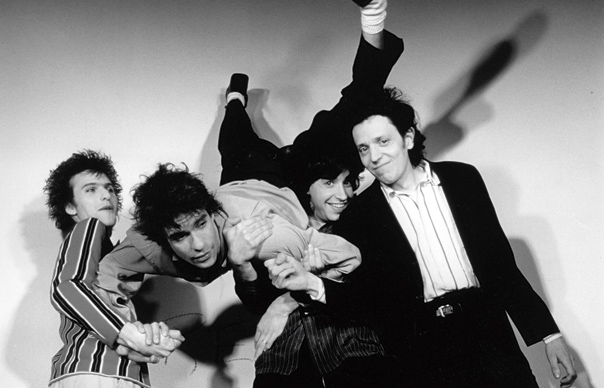We look into the touching, awkward new film about Bill Callahan, Apocalypse: A Bill Callahan Tour Film, in the new issue of Uncut, dated April 2013, and out now. As a companion piece, check out this fantastic piece with Callahan, aka Smog, recalling how he made his greatest albums, from May 2010’s Uncut (Take 156).
___________________
“I’m somewhere between a gumshoe and a journalist,” Callahan says. “A writer, not a symbol. I don’t want to be a performer who gets applause for quitting the bottle or for not committing suicide. There is such a thing as fiction.” It’s been tempting, nevertheless, to believe Callahan is the protagonist in the poignant, misanthropic songs that typified the records he’s released as Smog. You might even imagine ex-lovers, including Cat Power’s Chan Marshall and Joanna Newsom, among their subjects. Over the 13 LPs he’s released since 1990, Callahan’s moved from scruffy, lo-fi minimalism through lean, unsettling folk to more cheerful, lush-sounding recordings; a quixotic trajectory. “When I write a song,” Callahan says, “it is to fill a niche in people’s lives. To have a song for every experience, if one hadn’t been written yet.” Words: Nick Hasted
___________________
SMOG – SEWN TO THE SKY
(Disaster, 1990)
Callahan recorded four cassettes as Smog before this first LP proper, made during a disastrous stay in Georgia. Its murky experiments on a “dumpster porta-studio” helped define the lo-fi aesthetic of his early records.
“I started it in Georgia and finished it back in Maryland. I’d moved back into my parents’ basement and set up my stuff down there. It was like my life had had a hiccup or something and I wasn’t quite ready to run the race. I was sleeping a lot in the day. At midnight every night I would methodically leave the house for a couple hours’ walk, come back in and record. And then the sun came up. If I had done something good, then I’d be happy and go to sleep. The record is womb-like. Kind of muffled. Like when people play music for their babies – it’s what a baby would hear.
“Writing songs was like my ticket to the world, I think. Sewn To The Sky, I knew no-one would want to put that out. But I didn’t care. I put it out on my own label, and made, I think, 300 copies on the first pressing. It was just a ticket to participate in… everything. Like, having a wife. And some kind of life. Things you read about in books. Looking at people who were making music was like looking in the store window, at things you can’t afford, and going, ‘That’s what I need.’”
SMOG – JULIUS CAESAR
(Drag City, 1993)
Callahan finally enters a proper studio. Retaining the distinctive lo-fi qualities of its predecessor, Julius Caesar includes the bittersweet ballads “Golden” and “Chosen One” alongside “I Am Star Wars!”, based around Stones tape-loops. “37 Push-Ups” touches on self-parody: “I feel like Travis Bickle listening to Highway To Hell.”
“That record is half on four-track, and half in a studio. It was kind of strange to have someone else there. And the engineer was this portly, ruddy, miserable blob. He had this six-pack of beer he was just guzzling. He didn’t share them, no, I brought my own. I just had to go for it, and try to block out all that stuff. I went out on my first tour in ’92, too, and I remember I closed my eyes and went through a song for the sound-check. And I opened them, and the engineer had left. That was the same important realisation – that no-one cared, except me.
“When I started out I wanted to make music that would just happen this one time and be caught on tape, and that could never be repeated. Very immediate. Not a lot of words. The first three records were completely naïve. I didn’t understand about the balance of sound. All that stuff that people strive for. I had to learn… everything. I’m not too sure if it even helps to know how to make a record, actually.”
SMOG – THE DOCTOR CAME AT DAWN
(Drag City/Domino, 1996)
Callahan’s split with collaborator-muse Cynthia Dall seemed to inspire this, his fifth LP. Its emotional heart is “All Your Women Things”, whose abandoned lover “made a spread-eagle pretty dolly out of your frilly things”. A dark collection of songs, admittedly, but arguably it marked the maturing of Callahan as a songwriter.
“I was still kind of stupid. I hadn’t grown up yet. I was still just learning about life. So there’s a tumultuous thing in these early records. You need to get hit over the head a thousand times before you go, ‘Ah, I see…’ A lot of that record is just like getting hit on the head.
“With ‘All Your Women Things’, I was trying to write a classic song about the end of love. A lot of what I was writing was trying to get away from platitudes, and be crude, the way crudeness is a good thing – a pure, unfiltered thought. Just trying to say something that means something and is true. R’n’B songs are very specific, as are older C&W songs. It’s in that tradition. The little details. Rock lyrics are more about fantasy, which I’m not really a part of. It’s not stalkerish. I never liked when people said stuff like that about my songs. It’s the first record that was of a piece, done almost completely in the studio. I wanted a still-seeming record, like the photo of the ship on the cover, with its sails furled.”
SMOG – KNOCK KNOCK
(Drag City/Domino, 1999)
Jim O’Rourke, a full band and a children’s choir were the new ingredients in what Callahan called his “album for teenagers”. The poppy “Cold Blooded Old Times” almost proved him right, while the sleeve – featuring a wildcat – might have been a reference to recent belle Cat Power.
“It was such an exciting thing just to finally have a band, so different to something like The Doctor Came At Dawn. It’s a different energy when you have three or four people playing. Knock Knock was intoxicated with that feeling. I was taking some of the responsibility off my back, and having more fun. I finally had an engineer, Jim O’Rourke, who liked my music, so that encouraged me to go in a more expansive direction – where with the previous records it was all on me and my drunk engineer. But I couldn’t have started with Knock Knock. It was important to set the foundations by myself first. We couldn’t afford the Chicago Children’s Choir. There are a couple of members of it who’d work, under the table, and their friends. It was really fun. One of those things that made you realise with the smallest bit of effort, you could do anything you want. Which is an important lesson, when you make anything.”
SMOG – RAIN ON LENS
(Drag City/Domino, 2001)
Here, Callahan used other musicians with growing confidence, widening his sound to include horns and fiddles. As close as Smog gets to a “rock record”…
“I wanted to do a minimal record. I just rearranged different blocks of sound into different patterns. I wanted it to sound like there’s an orchestra of aliens in the background. ‘Short Drive’ is another ‘portrait’ song, loosely based on someone we all know and love – which excludes it being about me. Unfortunately, it was taken as ‘autobiography’ because I’m such a convincing writer, I guess. The boogie-woogie on ‘Song’ was borrowed from John Lee Hooker. The English horn and oboe parts sounded great. Rain On Lens is the equivalent to the poisonous blowfish delicacy in sushi. The people who know sushi, know that the blowfish is the best thing. The LP was released just after 9/11. I was in Australia and had to do phone interviews with Japanese press on 9/12. Neither party wanted to talk about the record at that juncture. I would say Knock Knock, Rain On Lens, Red Apple Falls are band records. The other ones after River are more something else.”
SMOG – A RIVER AIN’T TOO MUCH TO LOVE
(Drag City/Domino, 2004)
Burnt-out in Chicago, where he’d lived for five years, Callahan relocated to Austin, Texas ahead of this stunning album. Finding renewed focus, this sparse set of folksy vignettes (recorded at Willie Nelson’s studio in Spicewood, Texas) captured Callahan at his most immediate and revealing. Guests included Dirty Three drummer Jim White and, on piano, Joanna Newsom (more of her later)…
“The transformation described in the lyrics was totally happening to me. I’d wanted to leave Chicago for a long time. And I finally decided to move to Austin, where I didn’t know anybody. So I set up my life there, and my wheels were spinning, and I wasn’t sure what to do. I thought maybe I should, as a break from the promotional grind I’d been getting burned out on, just set everything back to zero. Which I did. That’s why I didn’t write anything for a while before River… Empty myself. Start again.
“My parents came to visit me, and I was talking to them about how I wasn’t sure what my next record should be like. I’d started feeling that I was aware of this river inside me, and I started talking about that with my parents. I thought of this feeling of the river as being a problem. But my mother said, ‘Well, why don’t you just write about that?’ And it was like a gong going off. When they left, I wrote all these songs. ‘Rock Bottom Riser’ was by way of a thank you [with its lyric, ‘I love my father/I love my mother/…I bought this guitar…to pledge my love to you’]. My mother basically sparked off the whole record. When I started focusing on the idea of a river, it was just like a force of all being, for lack of a better term. It seemed like everything came from this thing, it seemed to apply to every single facet of life. ‘In The Pines’ [originally a 19th century Appalachian folk song] was the first time I’d really stepped inside someone else’s song. That song is everything to me. It holds the universe in its hands. It’s psychedelic. Learning it ‘my way’ was a rite of passage into the LP. I’d played it in the traditional arrangement, but it didn’t have enough fluidity, so I rearranged it in the style and tuning of the LP. I embraced a traditional element, but made it from me.
“That was all a finger-picking record, and I started to understand more the connection between guitar and voice, and the way they can be one thing. A River Ain’t Too Much To Love was a transition for me. There’s something really pure about it.”
BILL CALLAHAN – WOKE ON A WHALEHEART
(Drag City, 2007)
Callahan’s first album under his own name, produced by ex-Royal Trux man Neil Hagerty, offered relatively straight takes on twangy ’60s country and folk. He’d never sounded so happy – due, some thought, to his new relationship with Joanna Newsom.
“I mean, I’ve been in love… it’s not like it was the first time. I was just feeling more open. With the title, I was trying to describe that. Like when you’ve been asleep and you wake up on this huge heart. That’s what I was feeling. I tried to make releasing it under my own name a big change. I let someone else do the artwork for the first time. And I had Neil Hagerty producing. I wrote one sentence encapsulating each song, just a little spark for him to go with. But I didn’t realise if you’re giving your work over to someone else, that means not saying a word. That was difficult. But just to be a songwriter, and not to have to worry about all the other roles I’d played in the past, was a nice vacation. The songs are more sturdy and direct. When I started out, I recorded songs more immediately, because I was interested in those immediate thoughts you know are wrong. I didn’t ever mean to play them again, I’d just trap them and leave them on a record. I’m not so interested in that any more.”
BILL CALLAHAN – SOMETIMES I WISH WE WERE AN EAGLE
(Drag City, 2009)
He’d broken up with Newsom, but there were no conspicuous signs of turmoil here. His most accessible record, maybe, this is a beautiful, often touching batch of songs given graceful accompaniment by Texan musician Brian Beattie.
“It’s removed from all that type of writing, from the emotional things in the past. It should be applicable to all different sorts of situations, rather than just one mood. It’s more expansive. I really hate the word ‘mature’, though. It belittles what came before. And, if you were going to go to a show, it’s not very appealing. ‘The singer, he’s really mature…’
“’Faith/ Void’ [a rejection of religion] came from the way sometimes people ask you, ‘Are you spiritual?’ You just kind of mumble an answer. And I started to realise that I had to answer this question properly for myself. I knew certain parts of the answer, but I hadn’t really answered it. I’d just been mumbling through this definition, and I thought, ‘Fuck it’, I’ve got to define it. So I did. I really investigated a lot of different types of religion. It was like I’d been holding this rope, and putting it down on the floor and edging away. So I picked up that rope here. I resolved that question.“
BILL CALLAHAN – ROUGH TRAVEL FOR A RARE THING
(Drag City, 2010)
Recorded in Melbourne, Australia in November 2007, this live set features songs cherry-picked from Callahan’s pre-…Eagle output.
“Yeah, I love singing now. I’ve learned to relax as I did it more. I used to have stage-fright. I used to think about it more, analyse it too much. Now, it’s just a matter of calming your mind and realising it’s okay to be doing this, believing that people actually want to hear what you’re doing. I put this out because it was a really good lineup, a different sound, I was recasting a lot of the songs’ arrangements. The title’s all the things you go to that day, just to get to the club.
“Sometimes you can realise that this is a really important night, and whatever people are going to get out of it, they’ve been looking forward to it for some amount of time. You just try to channel into what everyone is hoping for. Last night we played our last show in Portugal, a really amazing tour of seated theatres. People just listened, and seemed very excited. You can feel the energy of all those people when you’re onstage, and you can definitely feel it when people don’t care. But ultimately the show is for me and the band. And the audience will reap the rewards of that.”


